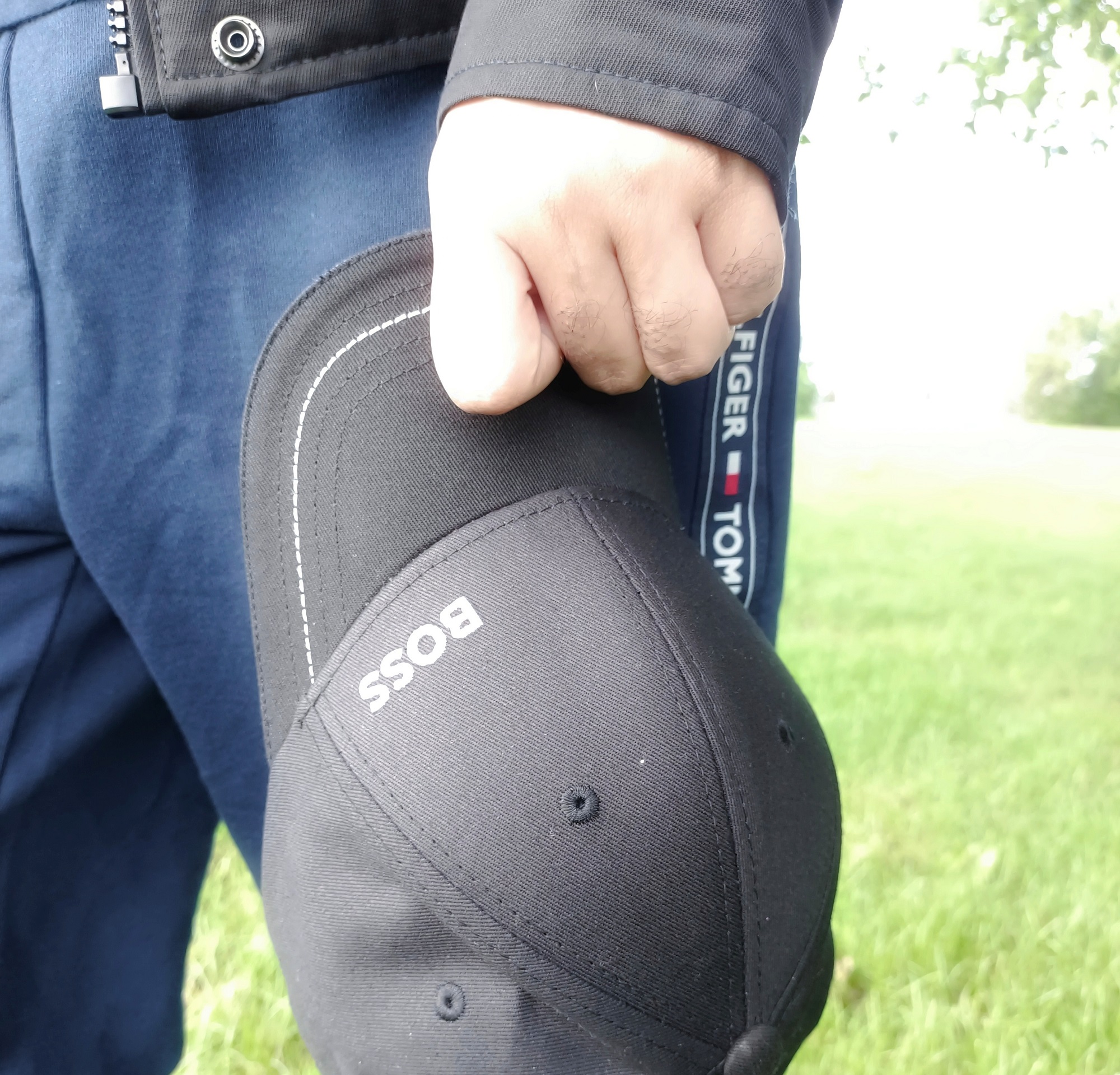
Why Men Find Themselves Battling Winter Fatigue
When cold weather arrives, it’s tempting to curl up with a warm blanket. Why go out in the cold if you don’t have to? If you feel like you’re battling winter fatigue, you’re not alone. There are some scientific reasons you may feel weaker in the winter.
1. Less Sunlight
The summer’s long days spoil you until daylight saving time ends. Then, the amount of sunlight significantly decreases in the winter. In the peak of winter, the shortest day of the year offers less than 8 hours of light before sundown. The lack of sunshine negatively affects your physical and mental health, making you feel weaker leading to winter fatigue.
Sunshine is essential for providing your body with vitamin D. When you don’t get enough of it, your energy levels can dip, causing a deficiency. Prioritise going outside when there’s sunlight and letting it touch your skin. Another worthwhile boost is eating vitamin D-fortified foods like fish, orange juice and egg yolks.
2. Seasonal Affective Disorder
When there’s less sunlight, you likely feel less enthusiastic about daily tasks. This lethargy may be linked to seasonal affective disorder (SAD). This form of depression often results from minimal daylight and could lead to decreased energy levels and winter fatigue.
Fortunately, you can mitigate seasonal depression with various tactics. For instance, research supports light therapy because it aids your circadian rhythm. A 2024 Journal of Affective Disorders study found bright light was superior to placebo controls and other interventions. When winter arrives, consider bright lamps to better regulate your body.
3. Lower Energy
Compare your body to an automobile. When the temperatures dip, your engine must work harder to power itself in the cold. Therefore, it burns more energy and may require frequent fuel stops. Your body is similar because it works overtime to maintain its ideal core temperature of around 37C.
You can’t do much about the cold weather, but you can help your body conserve energy. Start with your clothing and wear multiple layers to trap the heat. Then, find ways to remain active even in the winter. You could participate in indoor sports like basketball or brave the outdoor weather for rugby. Regardless, it’s wise to get active in the winter.
4. Disrupted Sleep Schedule
Some guys sleep better in the winter, though others have to try harder for better rest. The cold season can alter your sleep schedule because of the significant time and daylight shifts. With increased darkness, your body is more prone to producing melatonin and making you feel sleepy. Therefore, you might not have the juice you do in the warmer months.
How can you optimise your sleep in the winter? Start with your home’s climate. While blasting the heat is tempting, your body may prefer cooler temperatures. Experts recommend setting the thermostat lower to improve sleep quality. As a bonus, lowering the temperature in the winter could reduce heating bills by 10%, so it’s worth considering for both your wallet and your sleep schedule.
5. Dietary Changes
Winter often brings heavier foods and beverages than you enjoyed in the summer. These dishes are higher in calories and could work against your body’s energy levels. For instance, your holiday gatherings could include foods with simple carbohydrates that cause your energy to spike and quickly crash. Other winter dietary changes could contain an uptick in fried foods and alcohol.
When winter arrives, focus on foods that boost your energy instead of draining it. Complex carbohydrates are an excellent start, as they slowly digest and provide sustainable energy levels. Oatmeal, quinoa and sweet potatoes could be part of your weekly menus. Watch your iron levels and consume sources like beans, nuts and fortified cereals.
Battling Winter Weaknesses
You might not want to get out of bed on cold winter mornings. If you feel this way, biology and the weather may be to blame. However, you can reenergise your body by making intentional diet, exercise and sleep choices while chasing every bit of sunlight you can.
Jack Shaw is the senior Lifestyle editor of Modded Magazine and has spent years writing about how men can improve their health, relationships and mental well-being. His writing has been featured by the Canadian Centre for Men and Families, TinyBuddha, Parent.com and more. You can also see more from him via the Modded Minute newsletter.




